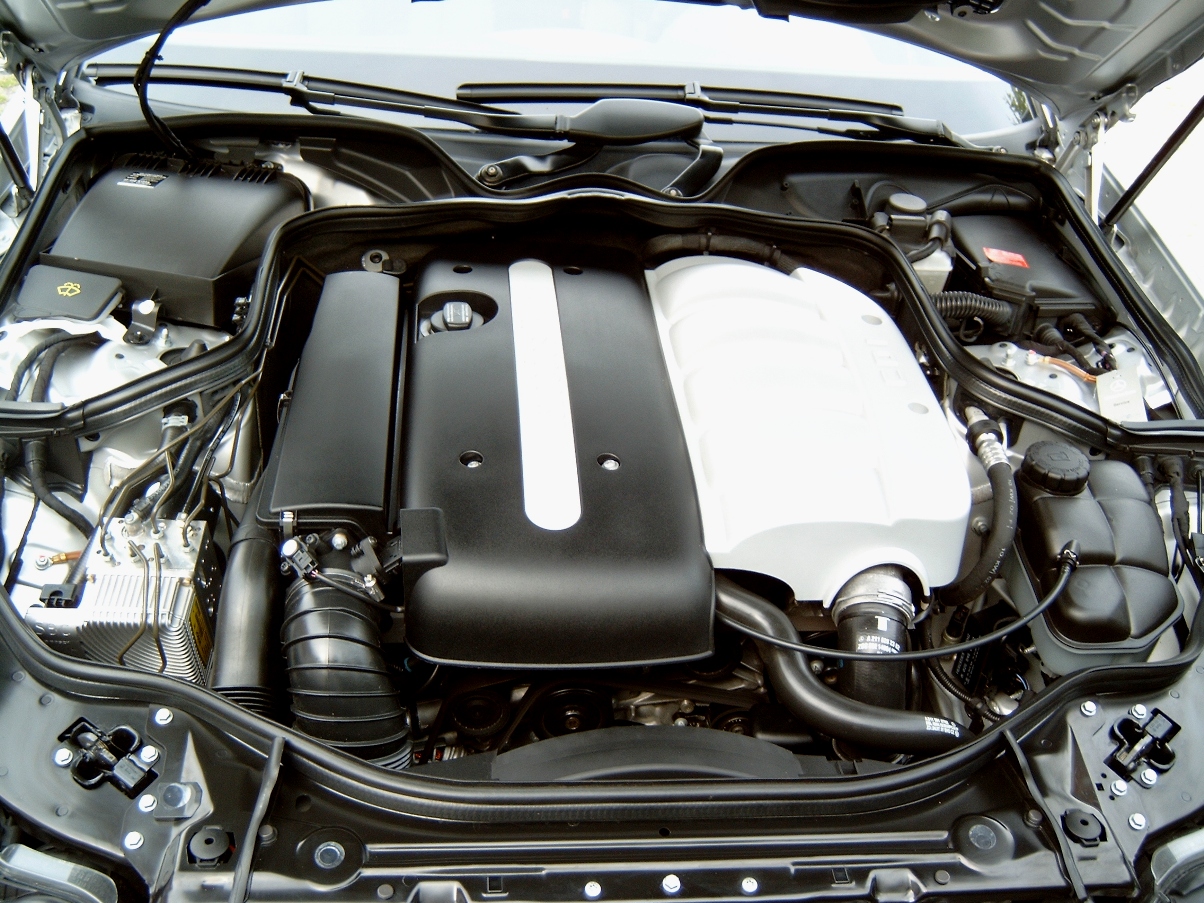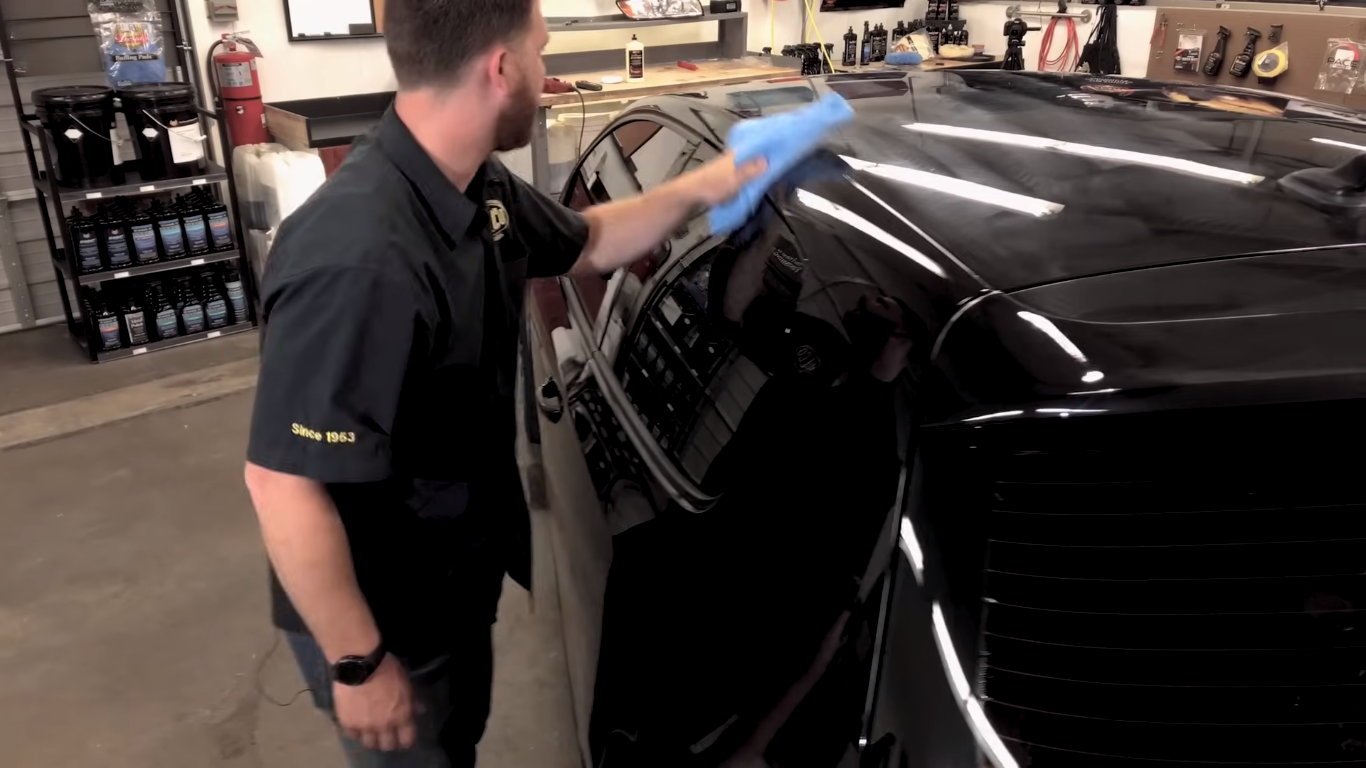GM’s V-8 engines, like others, have a history of lifter issues. Many GM V-8 owners faced engine problems due to stuck lifters. Recently, GM got word of valve-lifter problems in Buick, Chevrolet, and GMC vehicles with Small Block V8 engines. Owners reported issues with active fuel management lifters, dynamic management lifters, and valve systems, leading to lifter malfunctions and engine failures. GM hasn’t issued a recall for this lifter problem.
Also Read: How to Fix Ford Focus Transmission Problems
What is a lifter?
A lifter is crucial in your car. It’s a cylinder between the camshaft and valves. It opens the engine valves. Each valve has its lifter. In some cars with AFM or DFM, lifters turn off when not needed, saving fuel.
Recognizing Engine Lifter Problems
GM engines, specifically the L84 5.3 V-8 and the L87 6.2 liter EcoTec3 V-8, built from September 2020 to March 2021, exhibit notable lifter issues. These engines employ AFM and DFM, where lifters occasionally become stuck or locked. A stuck lifter can bend the pushrod, leading to engine failure. Here are some indications of a faulty or defective lifter include:
- Tapping or Ticking Sound in the Engine
When a lifter fails, you might notice a persistent tapping or ticking noise from your engine. This sound is often due to irregular lifter movement or inadequate oil flow to the lifter.
- Knocking or Banging Noises in the Engine
As the lifter problem worsens, you may hear more pronounced knocking or banging noises from the engine. These sounds can result from lifter malfunctions causing improper valve timing or contact with other engine components.
- Misfires, Shuddering, or Loss of Power
A defective lifter can disrupt the engine’s performance. You might experience misfires, a noticeable shuddering sensation, or a significant loss of power during acceleration. This occurs because the lifter’s role in regulating valve opening and closing becomes erratic.
- Complete Engine Shutdown or Failure
A malfunctioning lifter can lead to a complete engine shutdown or failure in severe cases. This happens when a stuck or bent lifter interferes with critical engine functions, causing irreversible damage.
- Check Engine Light
The engine’s onboard diagnostics system may detect irregularities related to lifter issues and trigger the Check Engine Light on your dashboard. When this light comes on, it’s essential to have your vehicle inspected promptly to identify and address the problem.
5.3 Chevy Engine Lifter Problems

Here are some potential lifter-related problems:
- Lifter Tick/Knock
A common issue with the 5.3 Chevy engine is lifter noise, often called a “lifter tick” or “lifter knock.” This noise can occur when the lifters become worn or damaged. It’s often most noticeable at startup and can sometimes disappear as the engine warms up.
- Stuck Lifters
Lifters can sometimes become stuck due to varnish or debris buildup within the engine. When lifters stick, they can cause poor engine performance, misfires, and noise.
- Low Oil Pressure
Low oil pressure can lead to lifter problems as they rely on sufficient oil pressure to operate properly. Insufficient lubrication can result in lifter wear and damage.
- Lifter Failure
Over time, lifters can wear out or fail altogether, causing a significant loss of power and engine performance. When lifters fail, they may need to be replaced, which can be a labor-intensive and costly repair.
- VVT (Variable Valve Timing) Issues
Some 5.3-liter engines are equipped with VVT systems that can develop problems. VVT issues can lead to lifter-related problems, as the timing of the valves can affect lifter operation.
Addressing the Engine Lifter Defect

When a lifter in your engine goes awry, it’s not just a minor hiccup; it can lead to a catastrophic engine failure. The current solution for dealing with a defective lifter that triggers such engine woes involves a rather intricate process. The affected cylinder head and its various components need replacement to set things right. Additionally, the damaged lifters must be swapped out. However, here’s where the plot thickens – many vehicle owners face a seemingly endless waiting game as they grapple with the shortage of crucial engine and lifter parts.
Imagine this scenario: you’re the proud owner of a GM vehicle, and you’ve just been informed that your engine has succumbed to a problematic lifter. Naturally, you’re eager to fix things, but you’re in for an unfortunate surprise. The repair process isn’t as swift and straightforward as you’d hope.
Here’s a closer look at the ordeal that vehicle owners find themselves in:

-
The Looming Engine Failure
The lifter malfunction is a ticking time bomb, threatening to trigger a major engine failure at any moment. As a vehicle owner, this is a distressing prospect that hangs over your head, adding anxiety to your daily commute or adventures.
-
The Repair Protocol
To rectify a faulty lifter and the subsequent engine failure it causes, the prescribed course of action is intricate and precise. It entails replacing the affected cylinder head and various related components. Furthermore, the malfunctioning lifters themselves must be taken out and substituted with new, functioning ones. It’s a meticulous process that demands expertise and precision.
-
The Waiting Game
Sadly, this is where the story takes a frustrating turn. Numerous vehicle owners have encountered significant delays in the repair process. The culprit behind this frustrating waiting game is a shortage of essential engine and lifter parts. As a result, you find yourself in a state of limbo, uncertain about when your vehicle will finally receive the attention it needs.
-
The Uncertainty Lingers
As you wait for the repair to happen, the uncertainty surrounding your vehicle’s fate lingers. Will your trusty car or truck become the next victim of a faulty lifter? The question hangs in the balance, causing considerable anxiety and inconvenience.
Addressing a lifter defect in GM vehicles has become a waiting game, one in which vehicle owners are passive participants, hoping for a resolution while their prized possessions remain vulnerable to the looming threat of engine failure. It’s a situation that underscores the need for GM to address this issue swiftly and comprehensively, not only for their customers’ sake but also for their vehicles’ long-term reliability. Until then, vehicle owners find themselves caught in a frustrating and uncertain predicament, hoping for a resolution to end the engine lifter woes plaguing their driving experience.

FAQs
What are the symptoms of GM lifters failing?
Common symptoms of failing GM lifters include tapping or ticking sounds in the engine, knocking or banging noises, misfires, shuddering, power loss, engine shutdown, and the illumination of the Check Engine Light.
What year, 5.3 has lifter problems?
The L84 5.3-liter V8 engine in GM vehicles built between September 2020 and March 2021 has been reported to have lifter problems.
What causes GM lifter failure?
GM lifter failure can result from various factors, including irregular maintenance, inadequate lubrication, and issues related to active fuel management (AFM) or dynamic fuel management (DFM) systems.
How do I know if my lifter is bad?
You may suspect a bad lifter if you hear unusual noises from the engine, experience power loss, notice engine misfires, or if your Check Engine Light illuminates. A professional inspection can confirm the issue.
How do you know when you need new lifters?
The need for new lifters becomes evident when you observe persistent lifter-related symptoms, such as engine noise, power loss, or engine misfires. A mechanic’s evaluation is recommended for a definitive diagnosis.
Can lifter tick damage your engine?
Yes, a lifter tick can damage your engine if left unaddressed. It may lead to increased wear and tear on engine components and, in severe cases, result in engine failure.
What damage can a bad lifter do?
A bad lifter can cause significant damage, including bent pushrods, damage to other engine components, and, in extreme cases, complete engine failure. Timely repair is essential to prevent further harm.
Is GM addressing the lifter issue with a recall?
Currently, GM has not issued a recall specifically for the lifter problem. Vehicle owners with affected engines should consult with their local GM dealerships for guidance on addressing the issue.
Are there any preventive measures to avoid lifter problems?
While lifter problems can be challenging to prevent entirely, regular engine maintenance and oil changes can help reduce the risk. Additionally, following recommended service intervals for your specific vehicle can aid in the early detection and prevention of lifter issues.
What should I do if I suspect a lifter problem in my GM vehicle?
If you suspect a lifter problem in your GM vehicle, it’s advisable to have it inspected by a qualified mechanic or contact your local GM dealership for guidance on the necessary repairs or maintenance. Addressing the issue promptly can help prevent further damage to your engine.
Conclusion
In the world of automotive enthusiasts and everyday drivers alike, the reliability of a vehicle’s engine is paramount. Yet, as we’ve explored, some GM V-8 engines, notably the L84 5.3-liter and L87 6.2-liter EcoTec3 V-8s built during a specific timeframe, have raised concerns due to lifter issues. These issues can manifest as unsettling sounds, power loss, misfires, and even the dreaded engine shutdown, disrupting your driving experience.
Understanding the signs and symptoms of a failing lifter is crucial for proactive vehicle owners. The distinctive tapping or ticking noise, knocking, misfires, and the illumination of the Check Engine Light serve as warning signals that prompt action is needed.
Yet, the path to resolving these issues is not without its challenges. The repair involves intricate steps, including replacing affected cylinder heads, components, and malfunctioning lifters. To complicate matters, many vehicle owners are experiencing frustrating delays in obtaining the necessary engine and lifter parts, leaving them uncertain.
As drivers, we find ourselves in a situation where we’re eagerly awaiting solutions to end the looming threat of engine failure. This scenario underscores the importance of swift and comprehensive responses from manufacturers like GM, not only for the benefit of their valued customers but also for the long-term reliability of their vehicles.
In the interim, it’s essential for vehicle owners to stay informed, be vigilant about maintenance, and promptly address any symptoms of lifter issues. By doing so, we can confidently navigate the challenges presented by GM engine lifter problems and ensure our vehicles continue to serve us reliably on the open road.




